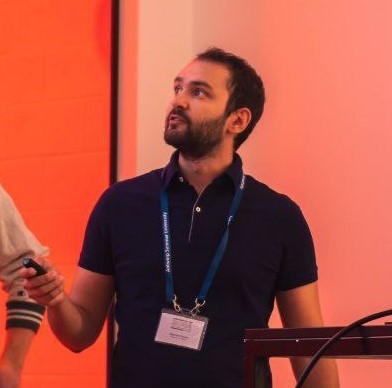On-device Subject Recognition in UWB-radar Data with Tiny Machine Learning
Published in Cyber-Phisical Sysyem Workshop (CPSW) 2022, 2022
Recommended citation: Pavan, M., Caltabiano, A., Roveri, M. (2022). "On-device Subject Recognition in UWB-radar Data with Tiny Machine Learning" Cyber-Phisical Sysyem Workshop (CPSW). 1(2). http://academicpages.github.io/files/paper2.pdf
Abstract. Tiny Machine Learning (TinyML) is a novel research area aiming at designing machine and deep learning models and algorithms able to be executed on tiny devices such as Internet-of-Things units, edge devices or embedded systems. Smart pervasive devices are rapidly becoming omnipresent in our every-day life, and TinyML and its paradigm of executing everything on-device (and thus not moving the data from where they are collected) has been crucial in designing algorithms and applications that enhance the privacy of users. From this perspective, radar sensors are currently emerging as a valid alternative to common sensors (e.g. microphones, cameras…). Given the impossibility to recognize precisely the identity of the user, they can be used in cases where it is important to recognize the presence or the behaviour of human beings while guaranteeing at the same time to preserve their privacy. UltrawideBand (UWB), in particular, is a radar technology that is particularly promising for use in pervasive systems. Indeed, its precision, low energy consumption and fastness are particularly suitable for privacy-preserving embedded applications. We introduce here, for the first time in the literature, a TinyML solution integrating pre-processing and tiny convolutional neural network for subject recognition (i.e., recognizing the age-class of the target) through the analysis of UWB-radar data. The proposed solution has been successfully tested on a real-world application of in-car subject recognition.
Recommended citation: Pavan, M., Caltabiano, A., Roveri, M. (2022). "On-device Subject Recognition in UWB-radar Data with Tiny Machine Learning" Cyber-Phisical Sysyem Workshop (CPSW). 1(2).
